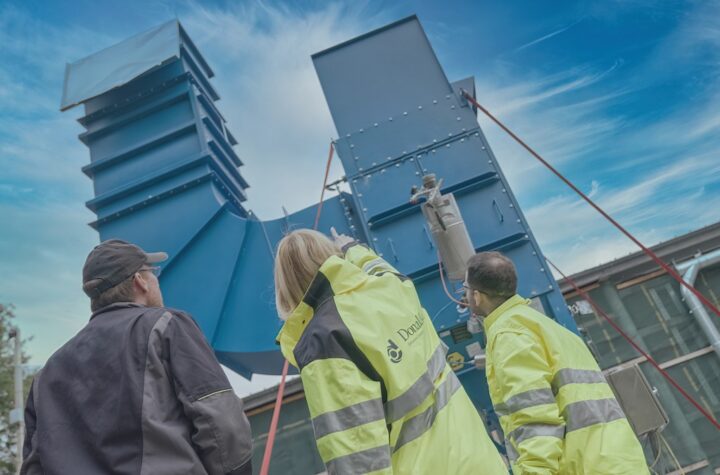One of the many privileges of editing Automotive Industries is that I am daily exposed to the innovative thinking and technology that are bringing about rapid changes in an industry which, 10 years ago, would have been described as “mature”. A “mature industry” is defined as one which has passed both the emerging and growth phases. As we see in each edition of Automotive Industries the industry is, in fact, reinventing itself and is growing in new ways. With change comes opportunities. What excites me as a journalist and researcher is that we have to find new questions to ask. Such as: “When will the last internal combustion engine roll off a production line?” Ten years ago, that would have been a stupid question.
Today it forms part of the scenario planning of any company that is – or wants to be – involved in drivetrain technology. As I was writing this, the August sales figures from the UK Society of Motor Manufacturers and Traders (SMMT) popped into my mailbox. They show that battery electric vehicle (BEV) sales have nearly doubled year-on-year, and now account for 1.1% of total sales (up from 0.6% in 2018). Another report told me that the number of charging points is now greater than the number of gas stations in the United Kingdom. That set me off on a journey to find out more about global sales. According to Wikipedia, one in 250 of the vehicles on the world’s roads were plug-in electric units by December 2018. Last year five million electric vehicles were sold globally. In 2016 the world market was just two million electric cars. Next question: “Have we reached peak car sales?” Well, the McKinsey Global Institute predicts that 2022, 42.5% of the global workforce will be able to work remotely from anywhere in the world, which will mean that they do not need a car to commute to work and back. That is just three years away. In December 2018 the Financial Times quoted a number of global automotive analysts who believed that sales of internal combustion-powered (ICE) cars had peaked last year. Another question that is being asked is whether we really need batteries. Geely/Volvo will be using supercapacitors in its hybrids and plug-in hybrids from late 2019. Soon after the deal was signed with Maxwell, Tesla purchased the supercapacitor manufacturer. Elon Musk has tweeted that he is a “fan” of supercapacitors.
The technology is proven: Chinese train and bus manufacturer CRRC is fitting supercapacitors to trains and busses. Lamborghini has body panels which double as supercapacitors in its new Terzo Millennio because, according to the company’s website “today’s batteries are not enough and a big leap forward is needed: Lamborghini aim is to develop an innovative supercapacitor able to close the gap with conventional batteries in terms of energy density, preserving an outstanding power density”. Then there is the value of the “brand”. IBM interviewed 11,500 consumers and 1,500 automotive industry executives on what they felt European brands needed to do in order to succeed in a digital world – and found that 48% of consumers are more interested in cost and convenience than the brand. That is in line with other consumer research which has found that consumers are better informed, and therefore more willing to change brands. No musing on future trends in the auto sector would be complete without asking “how are we going to make the cars of tomorrow?”
In the words of Midland Pallet Trucks Managing Director, Phil Chesworth: “there is no doubt that 3D printing holds the potential to completely transform the industry, and to be edging closer and closer to a future dominated by additive manufacturing is hugely exciting”. That begs the question why a logistics supplier would want to talk about additive manufacturing. The answer is that the company expects 3D factories to have different materials handling requirements to today’s plants – which means we have to question Henry Ford’s production line approach to manufacturing. As American baseball legend Yogi Berra said: “The future ain’t what it used to be”.








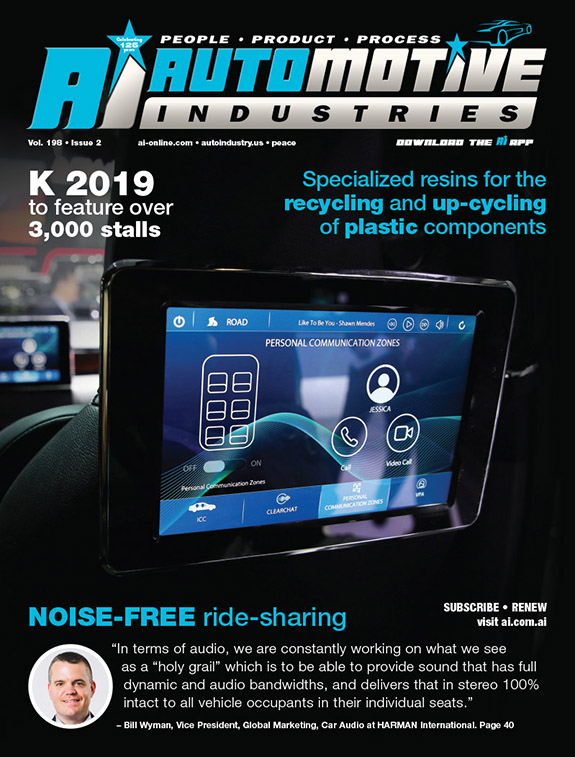





































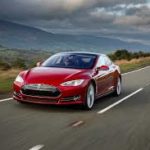 A Powerful Tool to Decarbonize Transportation: Incentivizing Electric Vehicle Miles
A Powerful Tool to Decarbonize Transportation: Incentivizing Electric Vehicle Miles ON Semiconductor Ships 100 Million Image Sensors for Camera-based ADAS Systems in Support of Custome
ON Semiconductor Ships 100 Million Image Sensors for Camera-based ADAS Systems in Support of Custome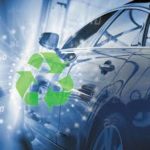 PLASTICS Aims to - Transform Tomorrow - at NPE2021: The Plastics Show
PLASTICS Aims to - Transform Tomorrow - at NPE2021: The Plastics Show Electro-mobility development crystallizing around semi-conductors
Electro-mobility development crystallizing around semi-conductors Need for speed in 5G manufacturing and customer-centric rollout
Need for speed in 5G manufacturing and customer-centric rollout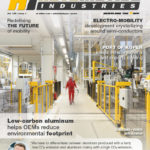 Low-carbon aluminum helps OEMs reduce environmental footprint
Low-carbon aluminum helps OEMs reduce environmental footprint

